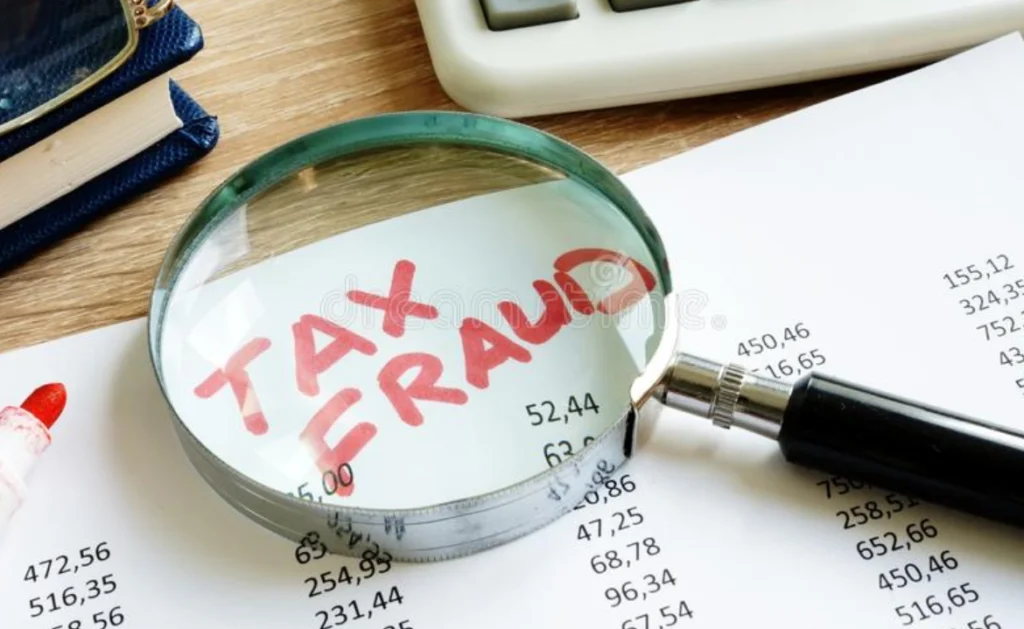The Tax Justice Department of Gyeonggi province in South Korea has launched a digital monitoring system that targets cryptocurrency tax evaders, tracing their mobile phone numbers to detect their accounts on crypto exchanges.

According to a February 22 Yonhap News Agency report, the Gyeonggi tax department traced “delinquents'” virtual asset exchange accounts using the resident registration information of “delinquents” and their mobile phone numbers.
The primary innovation consists of an electronic monitoring system. Before this change, tax services were required to request information from cryptocurrency exchanges individually.
The exchange of documents and communication could take up to six months. Yonhap reports that the province’s digital administration system shortened this procedure to approximately fifteen days.
The provincial tax department successfully located the cryptocurrency accounts of 5,910 individuals, all of whom defaulted to paying local taxes exceeding 3 million won ($2,200). From 2,390 offenders, the department obtained funds amounting to $4.6 million or 6.2 billion won.
Beyond “reviewing administrative measures” against platforms that refuse to cooperate, the province intends to strengthen cooperation with virtual asset exchanges. As the director of the Provincial Tax Justice Department, Noh Seung-ho assured:
“We will continue to take strong collection action against unscrupulous delinquents, such as those who say they have no money to pay taxes and trade virtual assets.”
In the interim, the Financial Intelligence Unit (FIU) of South Korea has proactively promoted the practice of cryptocurrency exchanges reporting any transactions that give rise to concerns regarding illicit “foreign exchange outflow” and money laundering.
Additionally, the organization intends to introduce a “virtual asset analysis system” to monitor and assess the intricacies of virtual asset movement paths and transaction details.
The South Korean government issued a revised version of the Virtual Asset Users Protection Act early in February. Infractions are punishable by severe criminal sanctions and fines, such as imprisonment for a term exceeding one year or a monetary penalty ranging from three to five times the illicit profits. Those whose illegal trading cryptocurrency operations generate earnings over 5 billion won ($3.8 million) are subject to life imprisonment.
